Group 6 includes delegations from Hue, Dong Nai and Lang Son, led by Party Central Committee member, Chairman of the People's Council, Head of the National Assembly Delegation of Hue City Le Truong Luu.
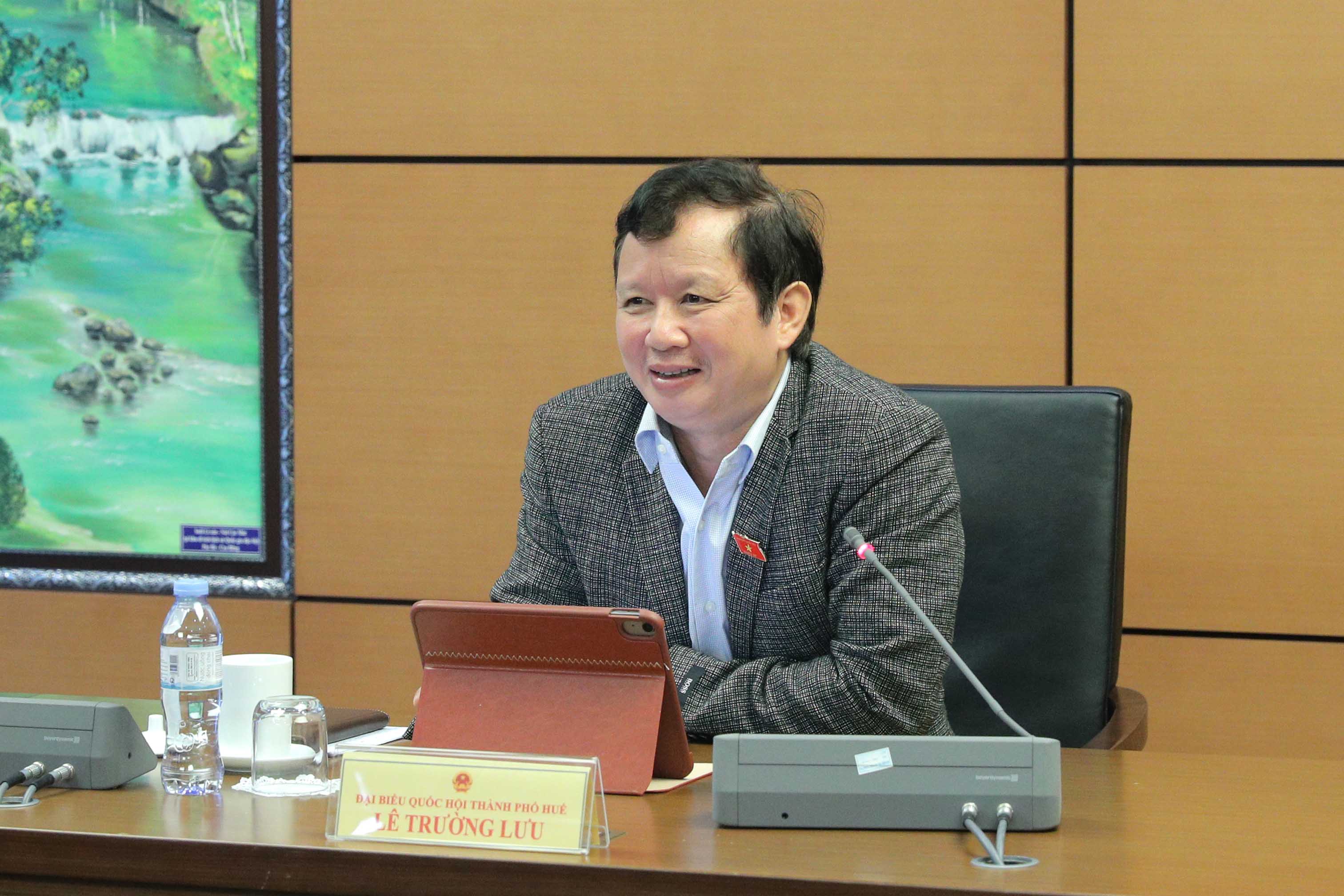 |
| Head of the Hue City National Assembly Delegation Le Truong Luu proposed that the "sea embankment" category should be considered an important category in the national infrastructure planning. Photo: Provided by the city's National Assembly Delegation |
Slow planning, overlapping and lack of capital for implementation
Speaking at the discussion, Head of the Hue City National Assembly Delegation Le Truong Luu said that infrastructure investment in the draft Law on Planning should be supplemented with the category of "sea dykes", in addition to the current sea dyke system.
“In fact, in many localities in the Central and Southern regions, such as Ca Mau , there are no dykes but mainly embankments to prevent landslides. Currently, sea erosion is becoming more and more serious, and resources for sea embankments are also very large, so it should be considered an important item in national infrastructure planning,” Mr. Luu emphasized.
Delegate Nguyen Hai Nam (National Assembly Delegation of Hue City) pointed out a series of shortcomings in the implementation of the 2017 Planning Law, from slow implementation, overlap between specialized planning, to lack of resources and personnel for planning work.
Mr. Nam cited: “When small adjustments are needed in planning, such as opening more roads or parks, the locality must wait for budget approval, causing many projects to stall. If we allow the socialization of part of the planning costs, for example, investors spending a few hundred million VND to update the planning, it will be more flexible and effective.”
Delegate Nguyen Hai Nam also proposed to clarify the concept of “integrated planning” to avoid overlap between sectoral planning and provincial planning. Mr. Nam gave an example: “In Lam Dong, the urban area is planned to be green - clean - beautiful, but right underground there is a mineral planning. With two plans at the same central level, which planning will be followed?”
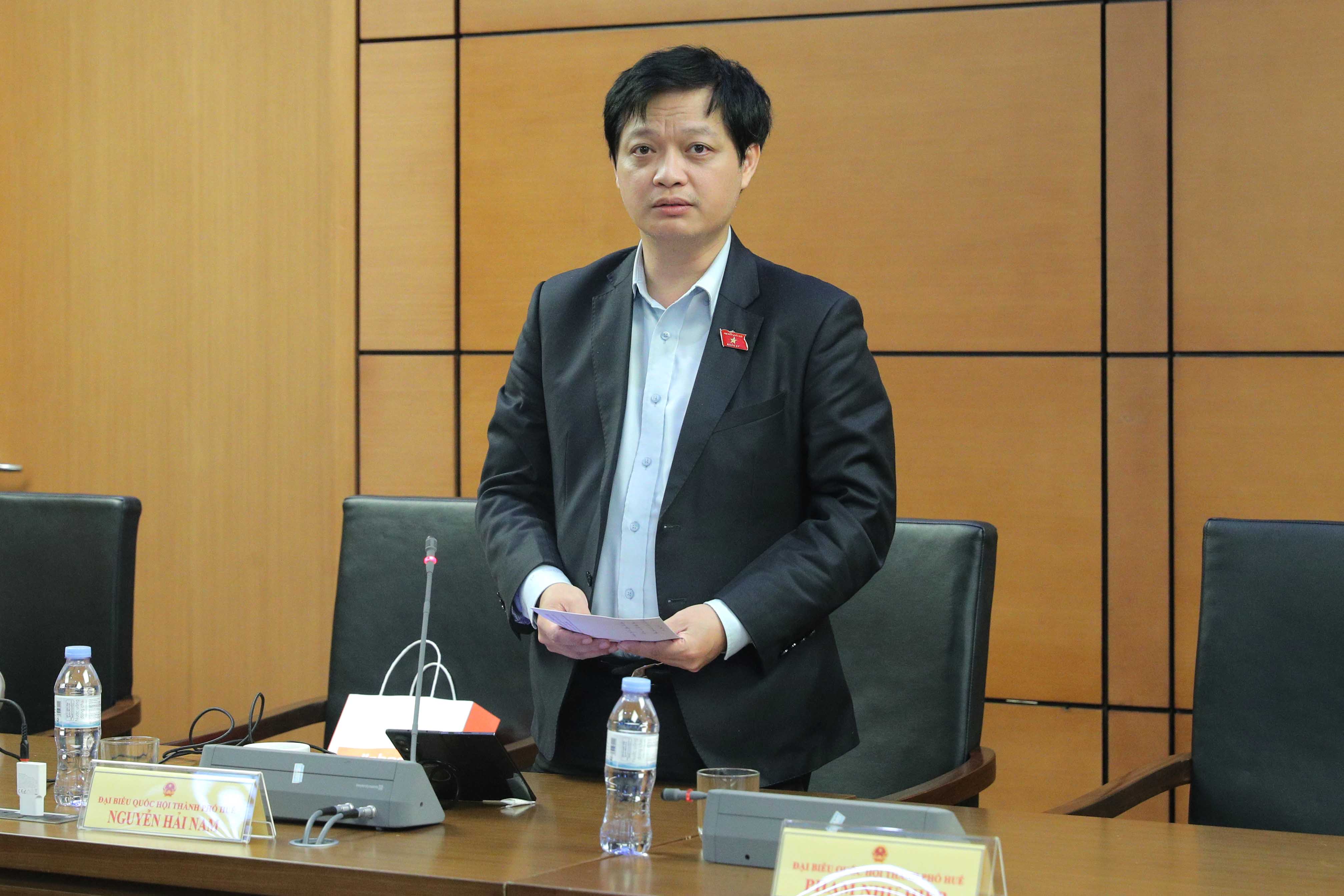 |
| Delegate Nguyen Hai Nam suggested that there should be specific regulations to avoid overlap between sectoral planning and provincial planning. Photo: Provided by the City National Assembly Delegation |
According to Mr. Nam, when localities merge and convert the administrative model from 3 levels to 2 levels, the adjustment of the overall planning of regions, urban areas, communes and wards needs to have clear regulations to ensure consistency and avoid the situation of "mechanical merging" of old plans.
Bring underground space and social resources into planning
Delegate Nguyen Thi Suu, Deputy Head of the National Assembly Delegation of Hue City, focused on legislative technical issues such as unifying concepts, periods and planning visions between laws and resolutions.
Ms. Suu pointed out: Currently, documents use the same term "master plan" but with different scopes: national is strategic, and local is specific. "To avoid misunderstandings, the word "master" should only be used at the national level, and for urban and rural areas, "general plan" should be used," Ms. Suu suggested.
Regarding the planning period, Ms. Suu analyzed: “The Law on Planning stipulates 10 years, with a 30-year vision; while the Law on Urban and Rural Planning stipulates 20-25 years, with a 50-year vision. The resolution adjusting the National Master Plan sets the vision to 2050. Therefore, it is necessary to unify the direction of the 10-year target, with a 30-50-year vision, in accordance with the resolution.”
A new point emphasized by Ms. Suu is that there must be clear regulations when merging and separating administrative units, related planning (national, regional, provincial, urban, rural) must be reviewed and adjusted synchronously.
“Not only now, but in the future we will have many changes in administrative boundaries. Without specific regulations, the planning will be outdated and lack connectivity,” Ms. Suu said.
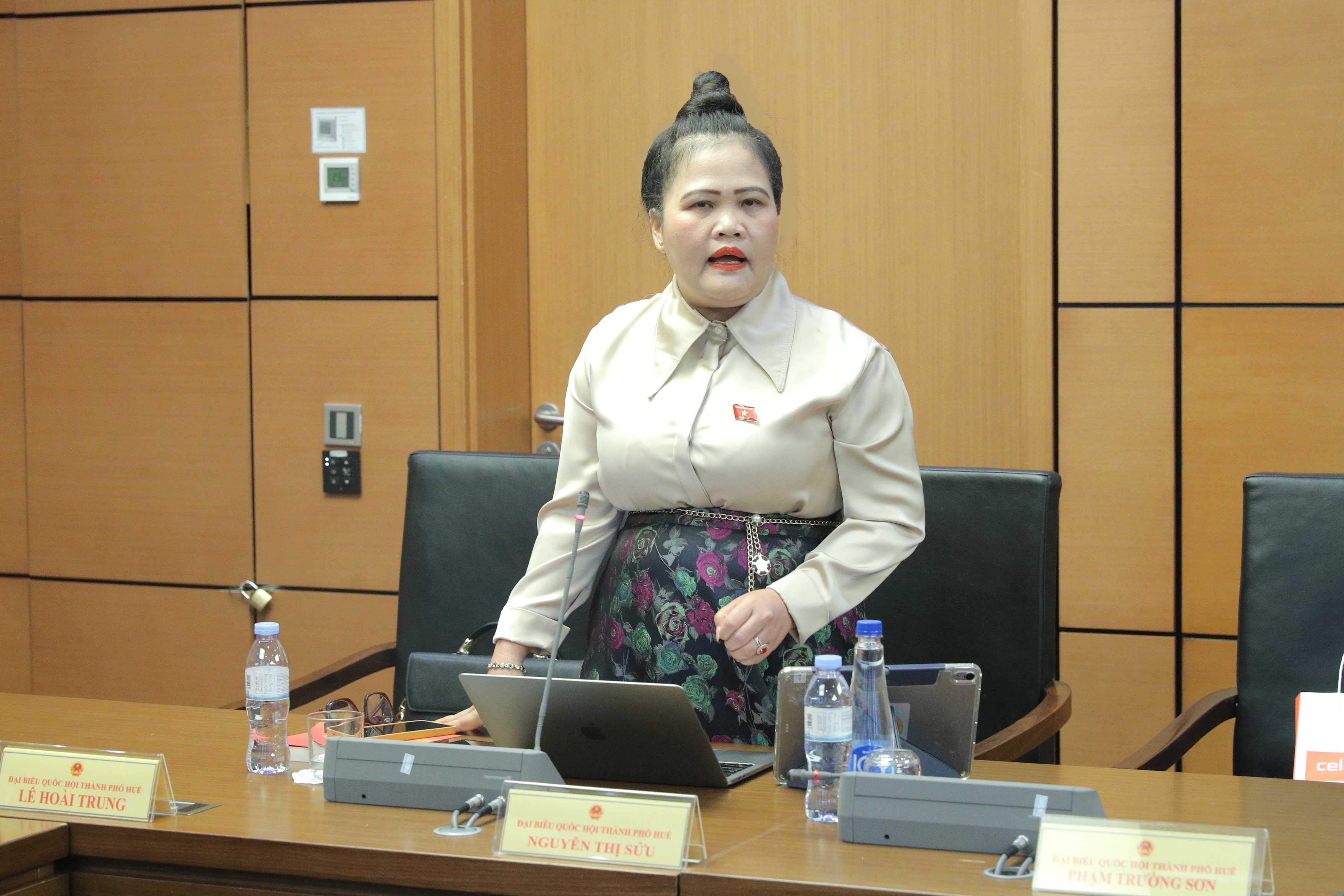 |
| Delegate Nguyen Thi Suu, Deputy Head of the National Assembly Delegation of Hue City, proposed adding the national underground space planning to the Planning Law. Photo: Provided by the city's National Assembly Delegation |
Delegate Nguyen Thi Suu also proposed adding national underground space planning to the Planning Law, and at the same time clearly defining the relationship between urban underground planning and national master planning.
“Currently, large cities are aiming to exploit underground space but there is no synchronous legal basis. Clear regulations are needed to avoid conflicts and reduce administrative procedures during implementation,” Ms. Suu said.
In particular, Ms. Suu recommended expanding resources for planning work, not only relying on public investment capital but also mobilizing socialized resources, PPP and private sector.
“When mobilizing social resources, it must go hand in hand with a public, transparent and independent monitoring mechanism to avoid abuse, loss or corruption in planning,” Ms. Suu emphasized.
On the same morning, the National Assembly listened to the Minister of Finance and the Minister of Construction, authorized by the Prime Minister, present reports on three main contents: Draft Law on Planning (amended); Draft Law on amending and supplementing a number of articles of the Law on Urban and Rural Planning; and adjustment of the National Master Plan for the 2021-2030 period. The National Assembly's Economic Committee also presented an audit report on these contents for delegates to discuss and contribute comments before submitting it to the National Assembly for consideration and approval. |
Source: https://huengaynay.vn/chinh-tri-xa-hoi/theo-dong-thoi-su/dai-bieu-quoc-hoi-tp-hue-kien-nghi-bo-sung-quy-hoach-ke-bien-khong-gian-ngam-159693.html








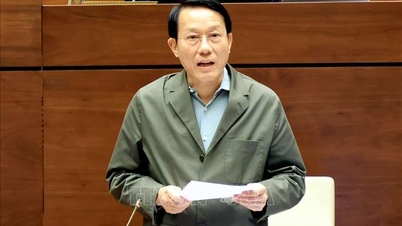

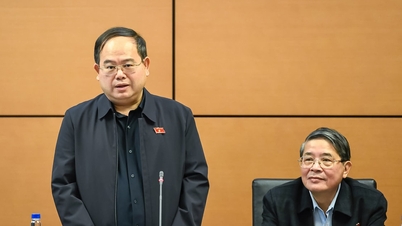


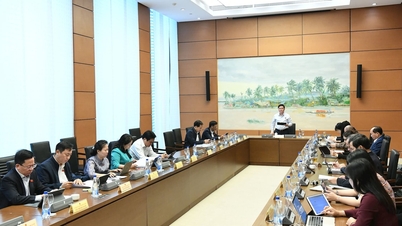
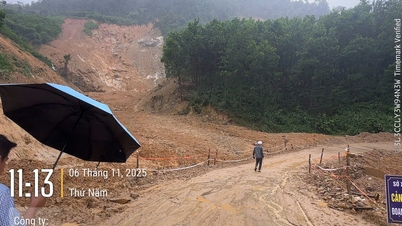
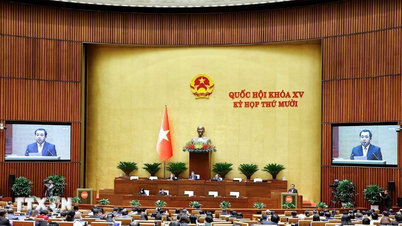



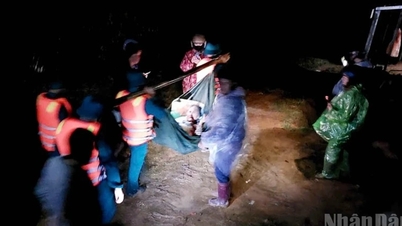











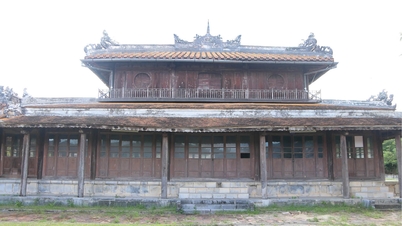




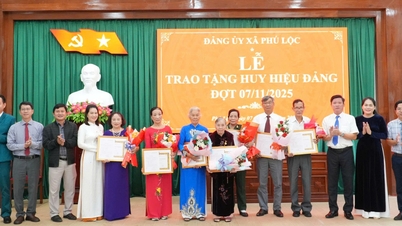

![[Photo] Da Nang: Hundreds of people join hands to clean up a vital tourist route after storm No. 13](https://vphoto.vietnam.vn/thumb/1200x675/vietnam/resource/IMAGE/2025/11/07/1762491638903_image-3-1353-jpg.webp)









































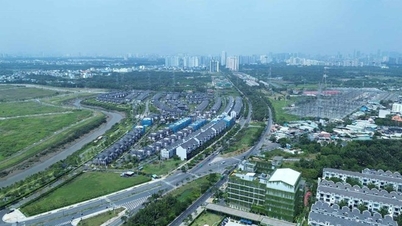
















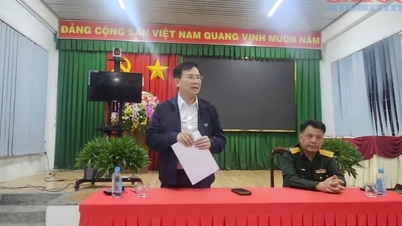

















Comment (0)